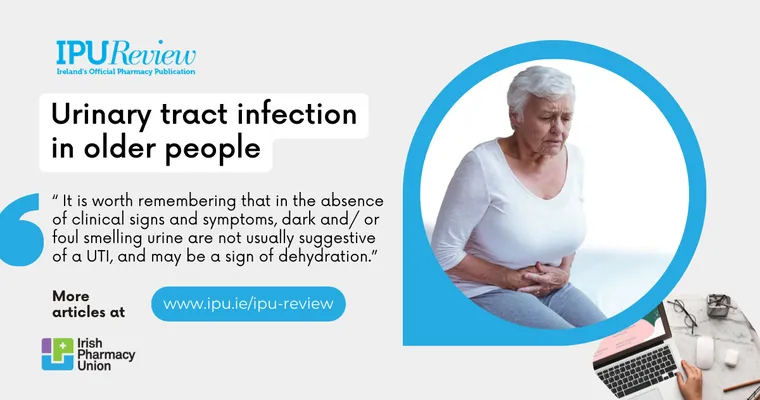In recent advancements in medical research, an "oral vaccine" designed to prevent "urinary tract infections (UTIs)" is currently undergoing trials. This innovative approach aims to provide a more effective and convenient solution for individuals who frequently suffer from UTIs. With the rising concerns over antibiotic resistance and the limitations of existing treatments, the development of an oral vaccine represents a significant breakthrough in the fight against this common yet often debilitating condition.
UTIs are one of the most prevalent infections worldwide, affecting millions of people, particularly women. Traditional treatments typically involve antibiotics, which can lead to side effects and contribute to the growing problem of antibiotic resistance. The introduction of an oral vaccine could transform the landscape of UTI prevention by offering a proactive measure instead of a reactive treatment.
The ongoing trials are focusing on the safety and efficacy of the oral vaccine. Researchers aim to determine whether it can stimulate the immune system to recognize and fight off the bacteria responsible for UTIs, specifically "E. coli", which is the leading cause of these infections. By training the immune system to respond effectively, the oral vaccine could potentially reduce the frequency and severity of UTIs in susceptible individuals.
One of the main advantages of an oral vaccine is its ease of administration. Unlike traditional vaccines that may require injections, an oral vaccine can be taken like a regular supplement, making it more accessible for patients. This convenience may encourage higher compliance rates among individuals who are often reluctant to seek medical treatment for recurrent infections.
As clinical trials progress, researchers are optimistic about the potential impact of this oral vaccine. Early results have shown promise, with participants reporting a decrease in UTI occurrences after receiving the vaccine. If successful, this could lead to a new standard in UTI prevention, offering relief to countless individuals struggling with recurrent infections.
In addition to improving patient outcomes, the development of an oral vaccine could have broader public health implications. By reducing the reliance on antibiotics, it could help combat antibiotic resistance, a growing concern in modern medicine. This aligns with global health initiatives aimed at promoting responsible antibiotic use and safeguarding the efficacy of existing treatments.
In conclusion, the trial of an "oral vaccine to prevent UTIs" marks a significant step forward in medical research. With its potential to provide an effective, convenient, and safe alternative to traditional treatments, this vaccine could revolutionize the way we approach urinary tract infections. As we await further results from ongoing trials, the medical community remains hopeful for a future where UTIs can be prevented more effectively, leading to improved health outcomes for millions worldwide.





